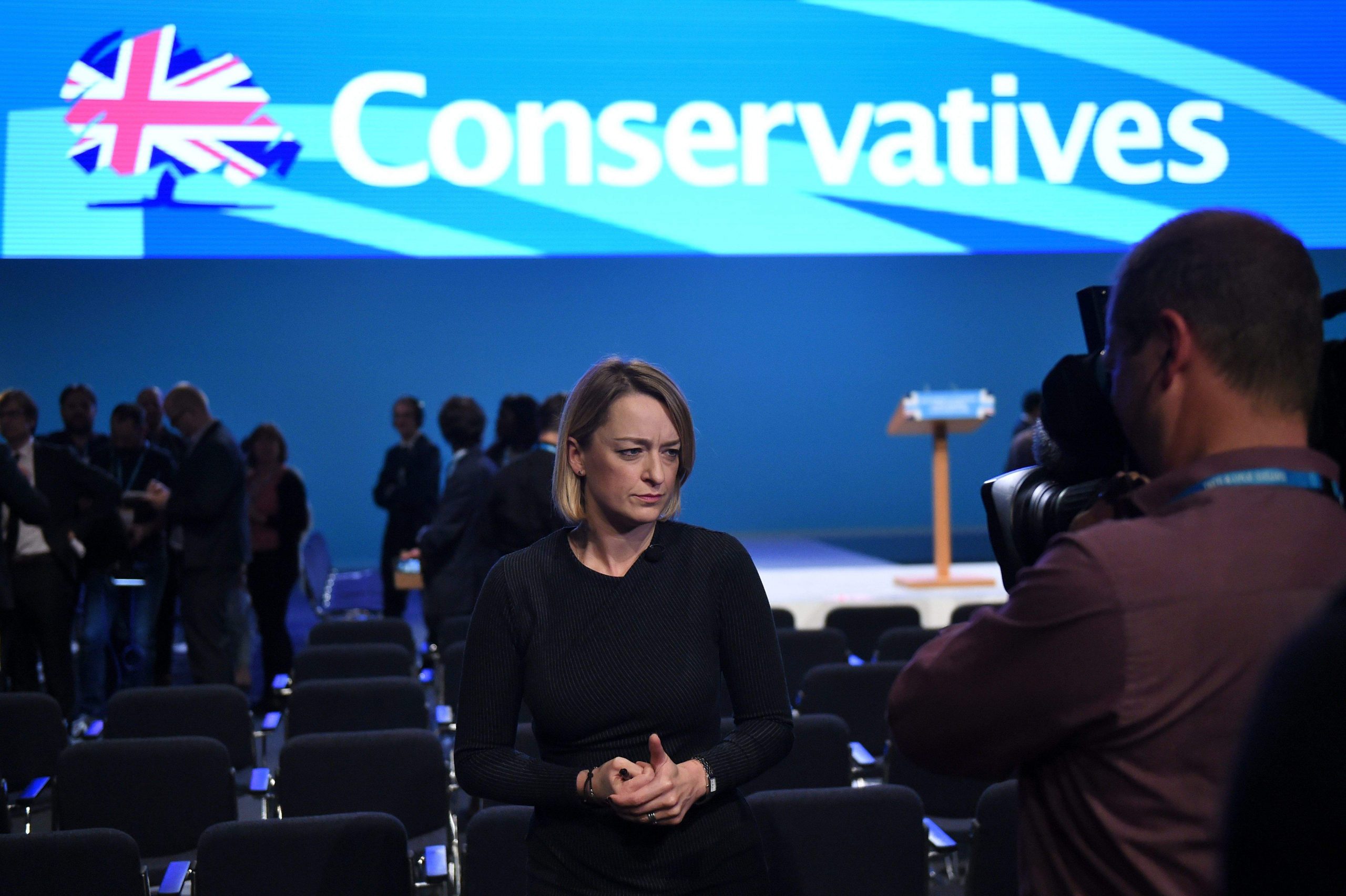
We all know that men in politics tend to shout more loudly than women, but when a big data analysis showed that there wasn’t a single female voice in the top ten most influential British political journalists on Twitter during the recent general election campaign, the general reaction was “Whaat?”
Or, in Yvette Cooper’s case, “FFS!”

Well, it now turns out that Cooper herself was part of the problem. She retweeted just one female political journalist during the course of the whole campaign, compared with 22 men. And she’s not alone. The social media data analytics company Lissted carried out a detailed analysis to try to find out why British female political journalists are less influential on Twitter than men.
It has discovered that there were 4.9 times as many likes and retweets for male political journalists than female ones across Twitter as a whole during the election campaign, and 4.3 times as many retweets from “influencers”: people and organisations who are widely followed in the Twittersphere.
Of course, there are fewer women than men in British political journalism: the analysis found a ratio of 37:63. But even if you correct for this difference, men are still disproportionately listened to and then disproportionately amplified. Other factors, like numbers of followers and numbers of tweets, only explain a small part of the difference too.
The sexism begins with “following” behaviour. Influencers are much more likely to follow men than women, particularly if they’re male themselves. An egregious example is the BBC’s Andrew Neil, whose male/female following ratio, even after being adjusted for the preponderance of men in political journalism, is 76:24.
More surprising, perhaps, are the Today presenter Nick Robinson, whose adjusted ratio is 67:33 and the Scottish Tory leader Ruth Davidson, who is the most male-biased of the top influencers, at an adjusted 75:25. (I promised Adam Parker, the founder of Lissted, that I would publish his findings for my own Twitter account, however embarrassing they turned out to be. To my great relief, they are exactly 50:50.)
Even after controlling for the greater number of male political journalists in the first place, Lissted finds that 82 per cent of male influencers follow more male political journalists than female ones and so do 66 per cent of female influencers. (A special shout-out to Krishnan Guru-Murthy, Dan Hodges, Owen Jones and Jon Snow for following more women than men, after adjustments.)
So if these female political journalists aren’t even being listened to in the first place, perhaps it’s not surprising that they get retweeted less than men. But that turns out to be only a small part of the explanation. Lissted calculates that just 12% of the gender gap can be accounted for by them having fewer followers and 13% by the fact that male political journalists tweet slightly more often than female ones.
Could it just be that men are more opinionated than women and that opinion is more likely to be retweeted than simple fact? The analysis shows that male journalists’ tweets were more likely to contain opinions than womens’, but this explains only 0.5% of the gap.
The biggest factor, accounting for 39% of the difference, is simply that people of both genders retweeted male political journalists more than female ones. Male influencers retweeted men to women in a ratio of 83:17, and female infuencers in a ratio of 77:23, making an average total of 81:19. After adjusting for the greater number of male journalists, the fact that they have more followers and that they tweet more often, the ratio is still 63:37.
In other words, influencers accord male views nearly twice the authority of female ones, once you control for all other variables. Unless you genuinely think that female political journalists such as Laura Kuenssberg, political editor of the BBC, or Anushka Asthana and Heather Stewart, political editors of The Guardian, are innately half as interesting or well-informed as their male counterparts, this is pretty much the best measure we have of naked sexism at the upper reaches of Twitter.
So what can we do about it? Well, if you’re on Twitter, you can look at who you follow and check that the list isn’t overwhelmingly male. You can also count your retweets and see whether you’re giving a greater voice to men than to women. Lissted calculates that if the most active influencers, who do most of the retweeting, were simply more mindful of their retweeting ratios, we could get to parity pretty quickly.
And that matters, as amplification is the main job of Twitter. If men’s voices are heard more often and spread more widely than women’s, then our political conversation is being distorted and women’s views are being drowned out. It really is time to ask ourselves some awkward questions. If the most powerful political journalist in the country, Laura Kuenssberg, can’t even make it into the top ten most influential political journalists on Twitter, what does that tell us about how seriously we take women in 21st-century Britain?
Mary Ann Sieghart is a journalist, broadcaster and chair of the Social Market Foundation think tank. She is currently working on a book about how we perceive women’s authority.






